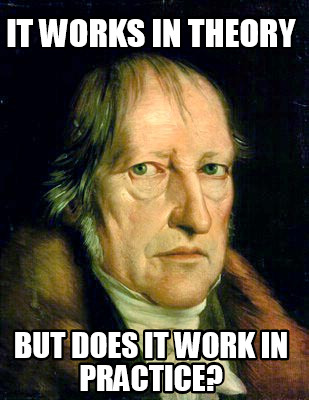Fi – Introverted ethics is a function of loyalty.
You are well versed in the feelings of people towards you and each other. It is important for you to maintain good relations with people in order to feel peace and stability. Valuing communication and compromise, peace over the war you are ready to give in to your offender and even plead guilty pursuing the desire to clarify the situation and establish peace as quickly as possible. However, you do not always manage to avoid conflicts and minimize emotional discomfort for yourself and others. At such moments, you feel dissatisfaction with yourself and powerlessness.
In patience and mercy, you regain hope, strength of mind, and peace of the soul. You are committed to create reliable relationships based on mutual understanding, trust and loyalty. Stability of feelings brings you more satisfaction than the expression of transient emotions. You are not inclined to put feelings on display, which can be mistakenly perceived by others as a lack of emotional response and empathy.
In the desire to protect people you love from problems and worries, you are not used to burden them with your requests, rarely complain about life. Suffering yourself in silence is easier than seeing loved ones suffer. As long as your loved one is safe and happy, you feel strong enough to cope with difficulties on your own.
By hiding your true feelings from others, you can also neglect them for yourself, taking the side of someone who needs protection and justice.
In resolving conflicts between people, you try to be impartial and honest with yourself, not to make a deal with conscience and not to pretend. Appreciate self-criticism and sincerity in people. Trust your heart and do not hesitate to offer advice on how to improve relationships between people. The welcoming atmosphere of trust and warmth is your ideal world.



 Reply With Quote
Reply With Quote
 I'm not trolling and I think I've heard enough from you, but thanks for your opinion
I'm not trolling and I think I've heard enough from you, but thanks for your opinion 
